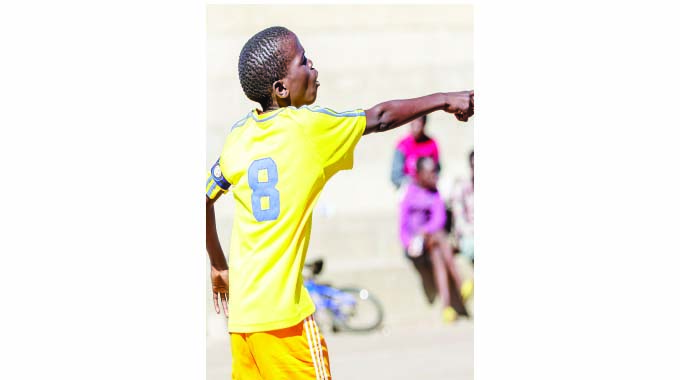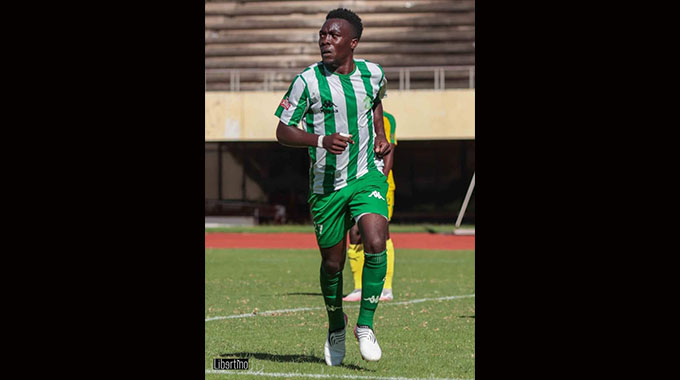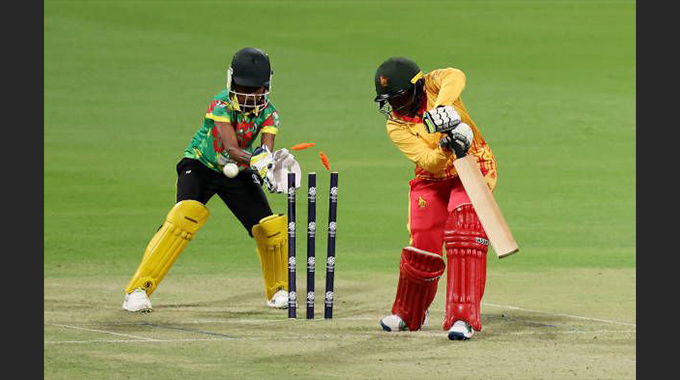Public schools sports suffer as games in private schools thrive

Innocent Kurira, Sports Reporter
The growing divide between public schools and private schools presents an unhealthy future for sport in the country. While public schools are barred from taking part in sporting activities, private schools are going on with their full sport calendars.
Already that is a huge gulf that is being created between the kids. As it stands, the danger is that schools’ sports will soon be elitist. Schools have long been a conveyor belt of talent for mainstream national sport like soccer, rugby, tennis and cricket.
Pupils learn and consummate sporting prowess at school and become a finished product when they turn out for big clubs and the national team.
The point is, while the negative effects of the Covid-19 induced hiatus from sport at Government schools may not be immediately noticeable now, some years down the line it will be felt when the country needs fresh blood in various sporting disciplines.
Various ills like age cheating may become the order of the day as organisations alter dates of births to accommodate youngsters who missed their time because of Covid-19.
Talented pupils, who could have made a living from their abilities, especially those who are not that academically gifted, may end up resorting to social ills like drugs and crime if they fail to nurture their skills at school.
According to Nash president, Arthur Maphosa public schools hope to resume activities next year, but there are conditions.
“Following our assumed non-attainment of the 70 percent vaccination levels and the subsequent suspension of all sporting activities, we agreed to use the rest of 2022 as a preparation period for full resumption of all sporting activities in 2023,” says Maphosa.
Sport associations are also feeling the bite of the absence of sport in schools.
Joe Mujuru, Basketball Union of Zimbabwe (BUZ) president said: “l have always argued that school sport is critical in sports development. This is where the talent comes from. It is important that a solution is found so that we have our secondary schools taking part in sport.

Bulawayo Athletics Board (Bab) chairperson Watson Madanyeka said: “Hopefully, we will have government schools back in partaking in sport soon. Schools are the feeder systems for us but when they are not in action it means we are producing nothing. We need to have school sports up and running at all fronts.”
Sports at secondary schools had resumed in mid-June after a two-year break.
The relief was met with excitement that soon turned to dismay. Nash changed its tune, and announced with regret that, again schools failed to comply to Covid-19 vaccination and other prevention measures.
It emerged that not a single province had managed to vaccinate 70 percent of the learners as required by the Ministry of Health and Child Care.

Copa Coca-Cola trophy
The schools were advised in May that non-contact sporting activities could only resume if 70 percent of pupils received their second dose of the vaccine. Having noted that none had achieved this, Maphosa called for a freeze of all sporting action in July.
School sports play a huge role as a talent nurturing ground and feeder system for the country’s professional sporting disciplines.
National schools’ competitions have over the years been a good ground for talent identification and some of the identified pupils ended up playing sport professionally, locally and abroad.
National competitions such as the Copa Coca-Cola, Nash and Naph athletics competitions have been a stepping stone for a number of successful sportspersons in the country.
Sport actually enriches young people’s lives and should be considered just as essential as the academic aspect. It gives children the opportunity to live healthy and active lives by improving their physical and mental wellbeing, and helping them to develop important skills like teamwork and leadership.
Sport also helps build character and helps children to develop resilience, determination and self-belief in addition to instilling values and virtues such as friendship and fair play.
Therefore, when sport is not part of the school system, learners are robbed of the opportunity to improve their physical wellbeing, to develop resilience and fair play, among other character-building virtues that sport helps to instil discipline. – @innocentskizoe










Comments